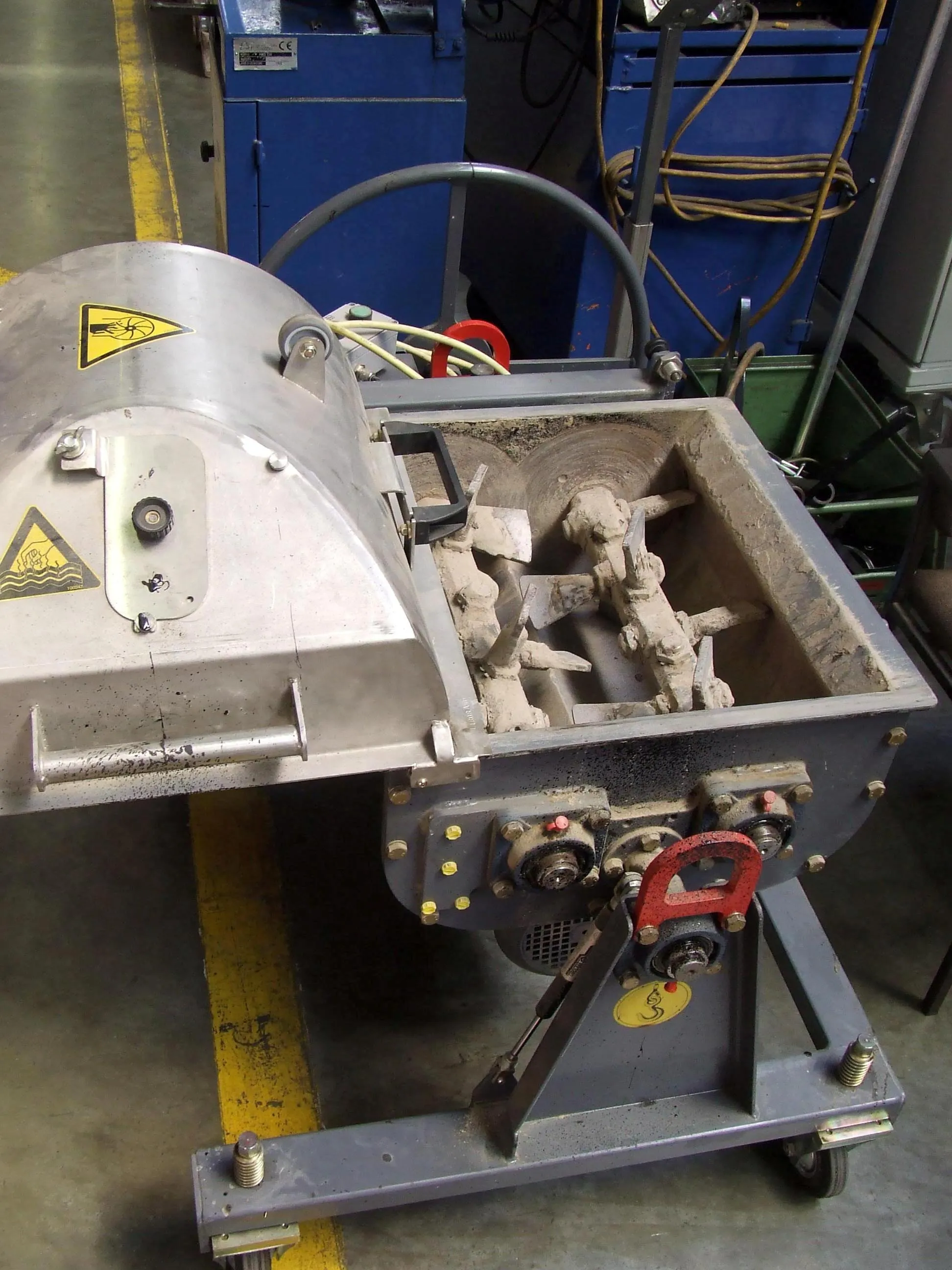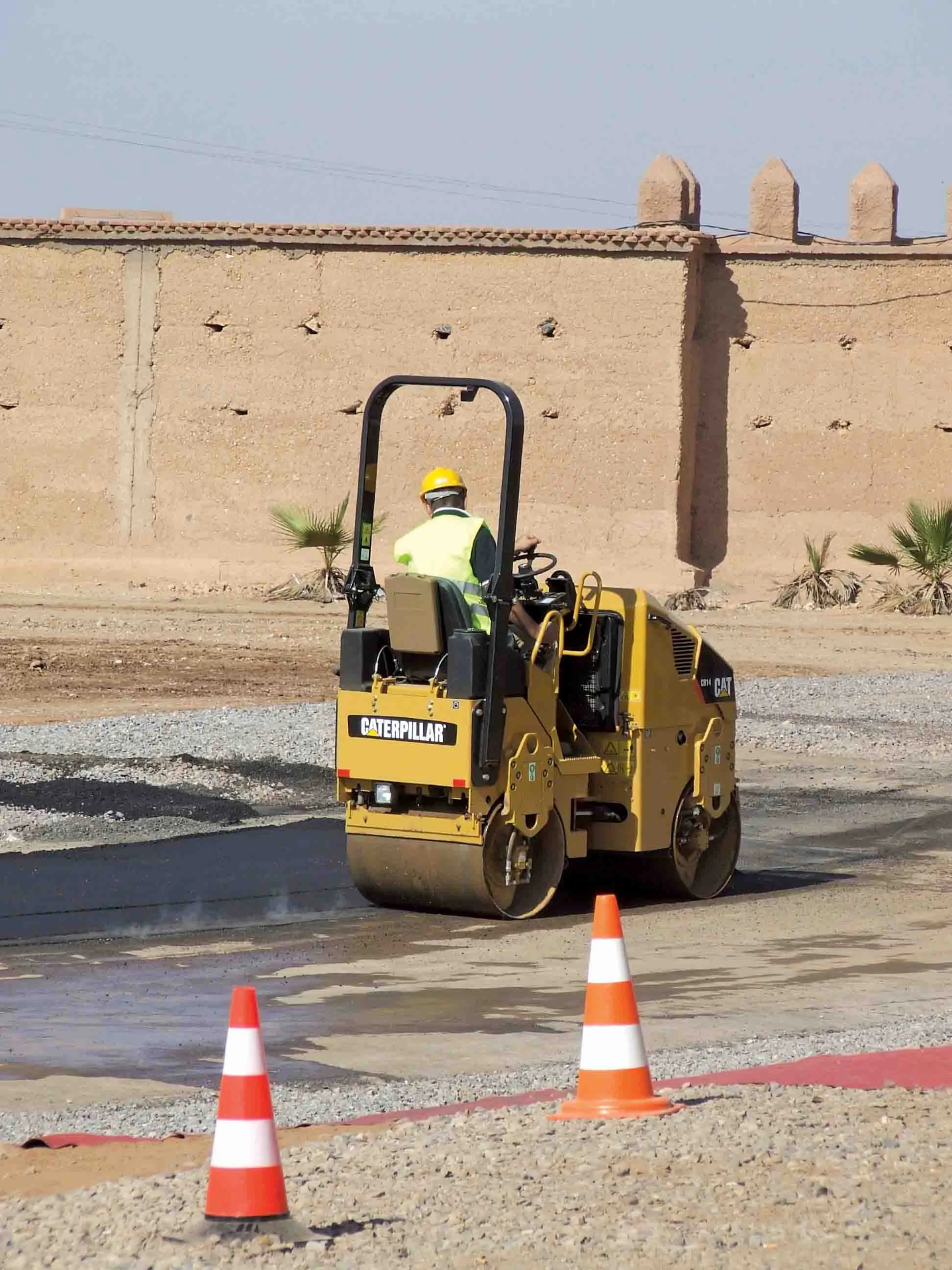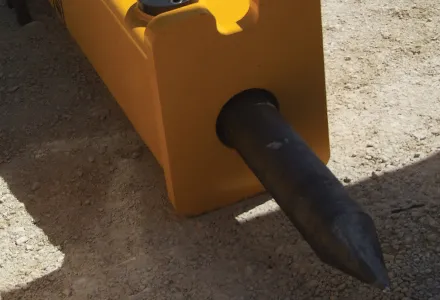A fully functioning submarine car has been offered for sale. The car, which features the composite bodywork from a Lotus Esprit, was built for the 1977 James Bond film, The Spy Who Loved Me. The car is said to have cost $100,000 to convert into a submarine with the work being carried out by a specialist company in Florida and was used in extended underwater sequences in the film. After the film was made the car submarine was put into storage and forgotten about, with the contents of the storage unit then be
September 24, 2013
Read time: 2 mins
A fully functioning submarine car has been offered for sale. The car, which features the composite bodywork from a Lotus Esprit, was built for the 1977 James Bond film, The Spy Who Loved Me. The car is said to have cost $100,000 to convert into a submarine with the work being carried out by a specialist company in Florida and was used in extended underwater sequences in the film. After the film was made the car submarine was put into storage and forgotten about, with the contents of the storage unit then being sold 10 years later in a blind auction for a nominal sum. The buyers were highly surprised when they realised what they had purchased. The vehicle has been shown at various events over the years and is likely to yield its owners a considerable return on investment.









